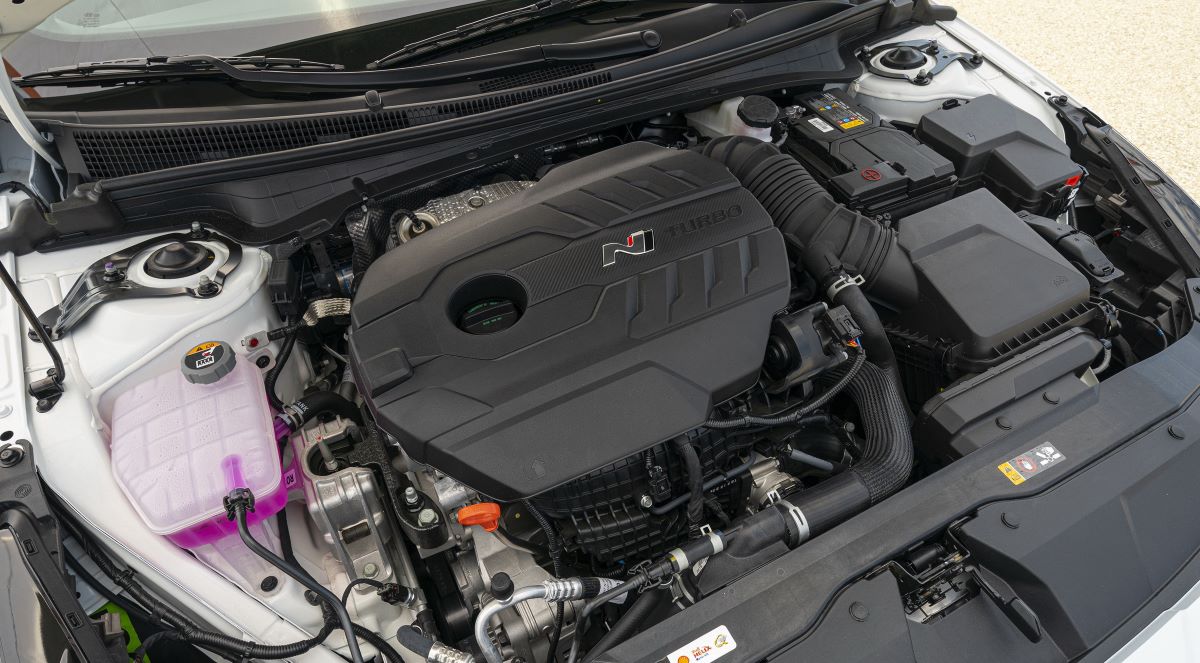The Hyundai Elantra N is one of the most affordable and enjoyable sporty sedans on the market today, but it’s not without its issues.
It has faced two recalls for mechanical problems, its stock exhaust has been cited by authorities for being excessively loud, and now, Hyundai is reportedly refusing to honor a warranty on a malfunctioning vehicle—at least, that’s how it appears in one particular case.
College student Christian Matzoros was driving his Elantra N home when the engine failed at around 46,000 kilometers (28,580 miles). “It just stopped. I was stepping on the gas pedal, and it wasn’t moving,” Matzoros recounted.
Matzoros had owned the Elantra N for two years and had taken it to Toronto Motorsports Park several times without experiencing any previous issues.
Naturally, he was upset when the engine failed out of the blue, but he assumed his extended warranty from Hyundai would cover the necessary repairs.
However, things became complicated when Matzoros brought his car in for service. After reviewing the telemetry data from the vehicle’s ECU, Hyundai technicians concluded that the engine had been abused.
In a statement, the automaker claimed the engine “experienced conditions exceeding its designed operational limits.”
“The [ECU data] determined that the engine experienced conditions beyond its intended design limits, which resulted in undue stress and failure of the valve timing system,” a Hyundai spokesperson confirmed.

“This caused damage to the valves in the cylinder head due to contact with the pistons while in motion.”
The company elaborated on how this could have happened: “The only way to rev the engine beyond the calibrated limit is by forcing the transmission into a lower gear than is mechanically safe at high speed, and/or modifying the engine control unit software to allow for limits beyond manufacturer specifications.”
In other words, Hyundai alleges the driver either “money-shifted” the car multiple times or modified the ECU to allow for a higher redline.
Hyundai also suspects the latter, explaining that “upon inspection, the calibration in the Engine Control Unit did not match factory settings.” Modifying the ECU, they clarified, voids the warranty, meaning any damage caused by the tune would not be covered.
If Hyundai stands by its assessment that the car was abused, Matzoros will be facing a bill of $10,000 CAD for a new engine.
The automaker insists that it provided Matzoros with a “full explanation” of the situation, which likely mirrors the information they shared.

